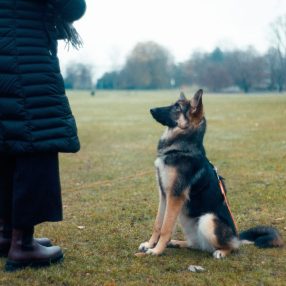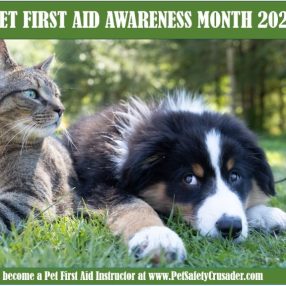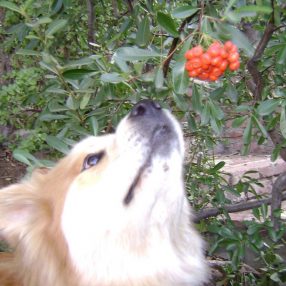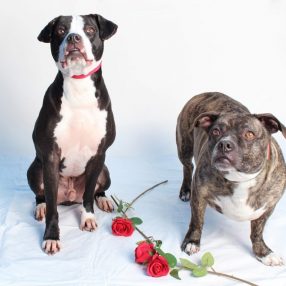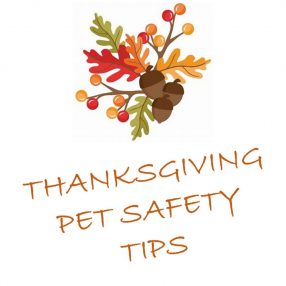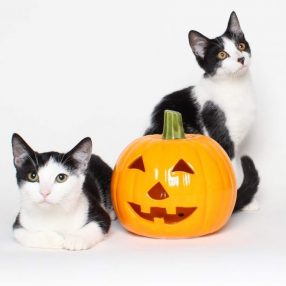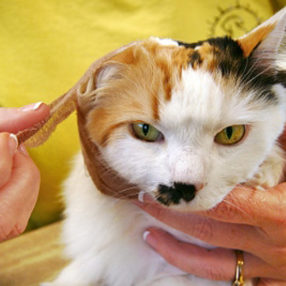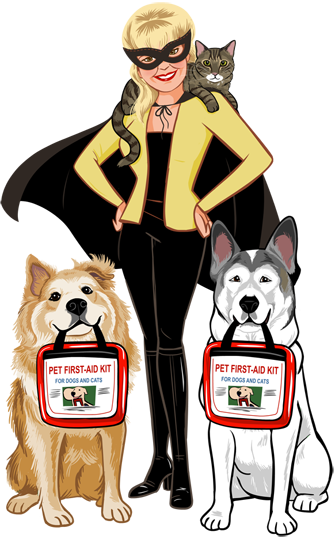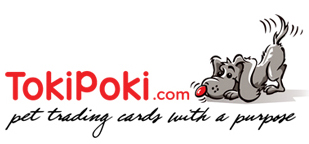Providing Fido and Fluffy with fresh, clean water just makes good sense. However, not only can it keep them healthy, it can also prevent your two-legged family members from…
Giardia are one-celled organisms (protozoa) that live in the small intestine of many animals. The protozoa attach to the small intestine where they produce disease by taking away nutrients from your pet. The protozoa also produce harmful substances and left untreated, can damage the lining of the small intestine and cause scaring. The disease — sometimes referred to as “Beaver Fever” since beavers are known carriers — is found throughout the United States and elsewhere where stagnant water exists. A dog or cat can become infected by eating the cyst form of the parasite when he drinks from a pond, puddle or even a backyard bucket that contains contaminated water. Once the cyst enters the gastrointestinal tract of your pet it releases a trophozoite which whips its hairlike structures (flagella) back and forth to propel itself until it finds a place in your pet’s intestine to attach itself to. It then reproduces by dividing, ultimately passing in your pet’s feces where it can contaminate the environment and water and infect other animals and people and thus…the cycle continues.
How to Prevent It
Because Giardia is not species-specific, people can get it from their pets or directly from contaminated water sources! Therefore, sanitation is of the utmost importance when caring for your dogs and cats. Wear gloves when cleaning up feces, especially diarrhea or vomit from an infected animal, and wash your hands frequently when around your pets. The only sure way to prevent Giardia is to eliminate the source of the infection which is contaminated water as it can survive chlorination as well as frost. Any place water collects should be alleviated if possible such as places where there are puddles or poor drainage. Concrete surface should be cleaned, dried and sealed. Lysol®, ammonia or bleach (1% bleach, 99% water) can be effective decontamination agents, but always follow instructions and confer with your Veterinarian to make sure chemicals are safe around your pets.
What it Looks Like
Symptoms to look out for include diarrhea and weight loss. Usually the infected animal will not lose his appetite but since Giardia prevent proper absorption of nutrients and interfere with digestion, your pet may lose weight in spite of eating a hearty meal.
How to Help
Most common treatment is the drug Metronidazole (aka Flagyl) which must be prescribed under Veterinary care and never given to pregnant dogs as it is known to cause problems with the fetus. Animals do not acquire immunity to Giardia after treatment, so they can contract the disease again. Therefore…anytime something is not quite right with your dog or cat, take him to your Veterinarian to catch a problem in its early stages. Good prevention though is always the best medicine, so at home, hiking or on vacation, be sure there is plenty of fresh water for Fido, Fluffy and you!
Note: The articles on this page are copyrighted. Please do not reprint or use portions for any purpose without written permission from the author. Request permission for usage by sending an email explaining how you’d like to use the materials and what parts specifically. Thank you in advance!


